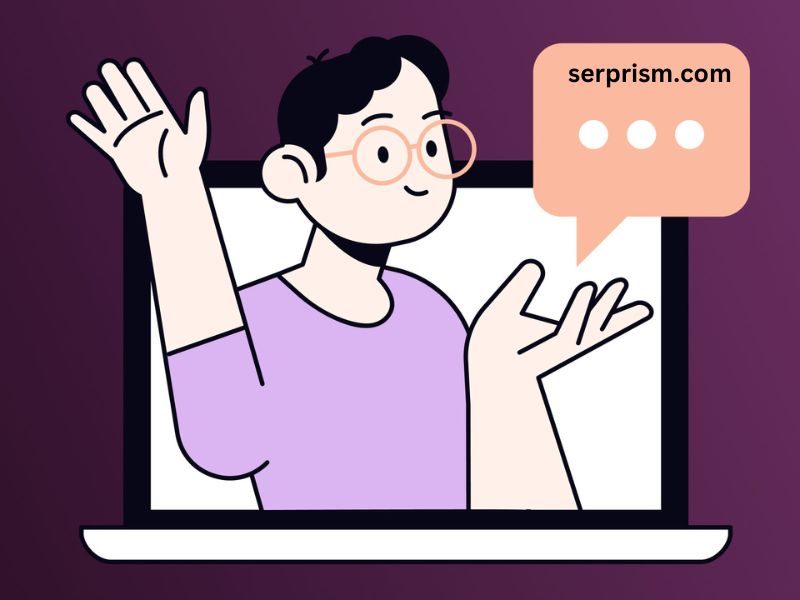
In today’s dynamic business landscape, markets are more competitive than ever. As companies strive to differentiate themselves, one of the most effective strategies they can use is customer education. Educating customers isn’t just about promoting a product or service—it’s about providing valuable information that helps consumers make informed decisions. Markets, especially in rapidly evolving sectors like technology, finance, and healthcare, need to focus on educating their customers to foster trust, increase engagement, and build long-term value.
In this article, we’ll explore why educating customers is essential in today’s markets, the benefits it brings, and practical ways companies can incorporate education into their customer relationships.
Why Educating Customers is Essential
With the rise of the digital age, customers have more access to information than ever before. They are empowered to research, compare, and review products and services on their own. However, while consumers are more informed, they are often overwhelmed by the sheer volume of information available. This paradox creates a unique opportunity for businesses: by becoming a trusted source of knowledge, they can stand out from the competition and foster lasting relationships with their customers.
a. The Information Overload Dilemma
In today’s digital marketplace, customers are bombarded with advertisements, offers, and product information. This flood of data can be confusing and leave customers unsure of which product or service best fits their needs. Businesses that take the initiative to educate their customers help cut through the noise, providing clear, concise, and relevant information.
When businesses invest in educating their customers, they simplify the decision-making process. This empowerment builds trust, as consumers are more likely to buy from a company that prioritizes their understanding and needs.
b. Increasing Product Complexity
In industries like technology and healthcare, products and services are becoming increasingly sophisticated. Whether it’s a complex software solution or a healthcare product, customers may not fully understand how to use these offerings or how they fit into their lives. Educating customers on how to navigate these products can lead to higher satisfaction and lower return rates.
For instance, a tech company that sells cutting-edge gadgets can benefit immensely from providing how-to videos, user manuals, and expert tips to ensure customers know how to maximize the product’s potential.
c. Competitive Advantage
In a saturated market, businesses are always seeking ways to differentiate themselves. Customer education is a powerful way to create a competitive advantage. By becoming an expert in your field and positioning your company as a thought leader, you not only attract customers but retain them for the long term. Customers are more likely to choose a brand that demonstrates expertise and helps them understand their products, as opposed to one that simply pushes sales.
The Benefits of Educating Customers
Educating customers doesn’t just benefit the consumer—it provides significant advantages to the business as well. Here are some of the key benefits companies experience when they prioritize customer education.
a. Building Customer Trust and Loyalty
Trust is the foundation of any successful business relationship. When customers feel that a company is genuinely interested in their needs and is willing to help them understand its products or services, that trust deepens. This trust leads to customer loyalty, which is crucial for long-term success.
Consider the example of a financial services company. Many consumers feel confused or intimidated by financial products like investments or insurance. A company that offers free workshops, educational materials, or one-on-one consultations to help customers understand these offerings is far more likely to build trust and retain customers in the long run.
b. Reducing Customer Friction
Customer friction refers to any barriers or obstacles that make it difficult for consumers to engage with your product or service. Lack of understanding is one of the most common sources of friction. By educating customers about the features and benefits of a product, companies can reduce confusion and frustration, making the customer experience smoother and more enjoyable.
For example, a SaaS company that offers comprehensive onboarding and training for new users will see lower churn rates compared to a company that leaves customers to figure things out on their own.
c. Empowering Customers to Make Informed Decisions
Educated customers are empowered customers. When people understand how a product works, what it can do for them, and why it’s a good fit for their needs, they are more likely to make a confident and informed purchase. This leads to higher satisfaction rates and fewer returns or complaints.
Moreover, customers who feel informed are more likely to recommend the product to others. Word-of-mouth marketing remains one of the most powerful tools in business, and educated customers are more likely to become advocates for your brand.
d. Increasing Customer Retention and Lifetime Value
Customers who feel supported and educated by a company are more likely to remain loyal. Educating customers on the long-term benefits of a product or service helps them see the value in sticking with the brand. Moreover, companies that regularly update their customers with new information or educational content can keep them engaged and interested.
For example, a fitness equipment company that regularly provides its customers with new workout routines, tips, and techniques will keep them engaged and increase the likelihood of repeat purchases.
How Companies Can Effectively Educate Their Customers
Educating customers is a strategic process that requires a well-thought-out plan. Here are some of the most effective ways companies can educate their customers and turn them into loyal, informed advocates.
a. Content Marketing
Content marketing is one of the most powerful tools businesses have for educating their customers. High-quality blog posts, articles, videos, and infographics that explain complex topics in simple terms can be invaluable for customers. Businesses should focus on creating content that addresses their customers’ pain points, answers common questions, and provides valuable insights.
For example, a skincare brand could create blog posts and videos about different skin types, explaining which products work best for each. This not only helps customers make better purchasing decisions but positions the brand as an authority in the skincare industry.
b. Webinars and Workshops
Live events such as webinars and workshops allow companies to engage with their customers in real time. These events provide an opportunity for customers to ask questions, gain a deeper understanding of a product or service, and interact with experts. Webinars and workshops are especially useful for industries with complex products or services, such as healthcare, finance, and technology.
A business software company, for instance, could hold webinars that teach customers how to use specific features of their software or provide insights into industry best practices. Not only does this help customers get the most out of the product, but it strengthens the customer-company relationship.
c. Tutorials and How-to Guides
Many customers prefer to learn at their own pace. Providing tutorials and how-to guides that they can access whenever they need is a great way to support this. These resources can be in the form of written articles, videos, or interactive guides that walk customers through the process of using a product or service.
For instance, a DIY home improvement brand could create step-by-step tutorials on how to use specific tools or complete home projects. This empowers customers to take action and ensures they have the knowledge they need to succeed.
d. Personalized Customer Support
Education doesn’t always have to be a one-size-fits-all approach. Providing personalized customer support, where representatives take the time to explain products and services to individual customers, can be highly effective. Whether through phone support, live chat, or email, personalized guidance can make a significant difference in customer satisfaction.
A company that sells high-end kitchen appliances, for example, could offer one-on-one consultations to help customers select the right product for their needs and teach them how to get the most out of their purchase.
Conclusion
In a world where customers are constantly seeking reliable information, companies that prioritize education will stand out. Educating customers not only helps them make informed decisions but also builds trust, increases loyalty, and creates a sustainable competitive advantage.
By providing valuable content, hosting interactive events, offering personalized support, and ensuring customers understand the products they use, businesses can foster long-term relationships and drive success in an increasingly crowded marketplace. As markets continue to evolve, customer education will remain an essential pillar of business strategy, ensuring both companies and their customers thrive.




